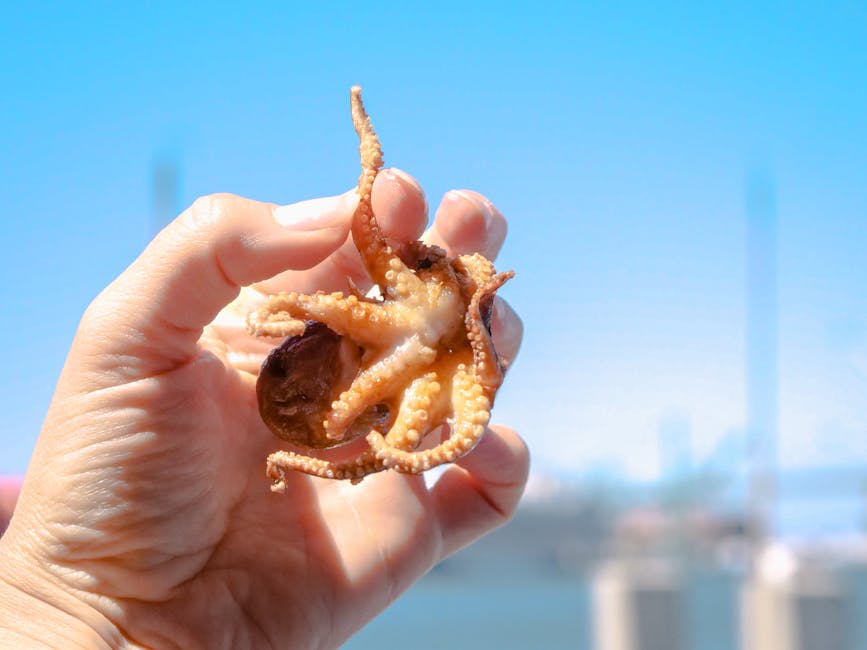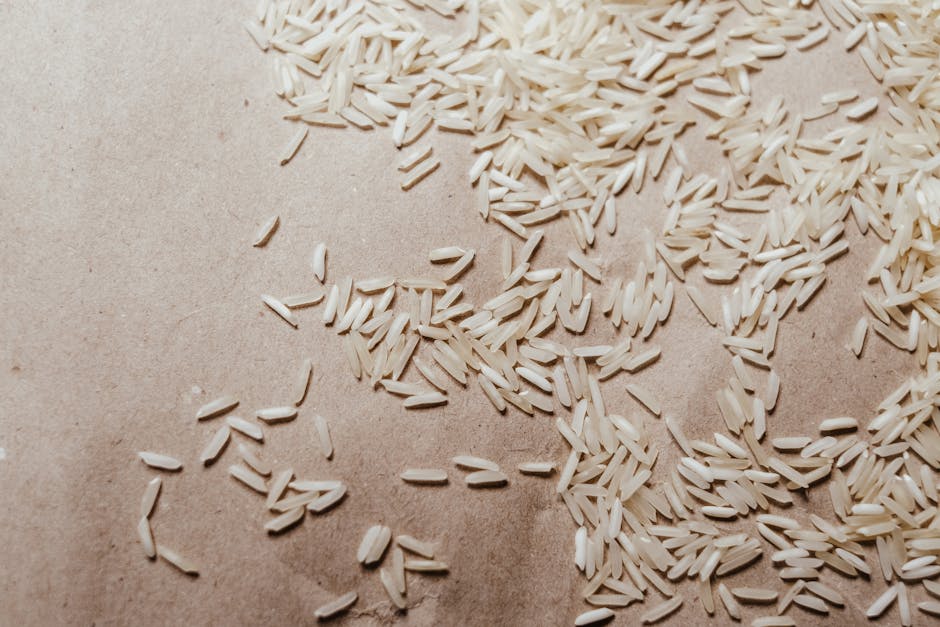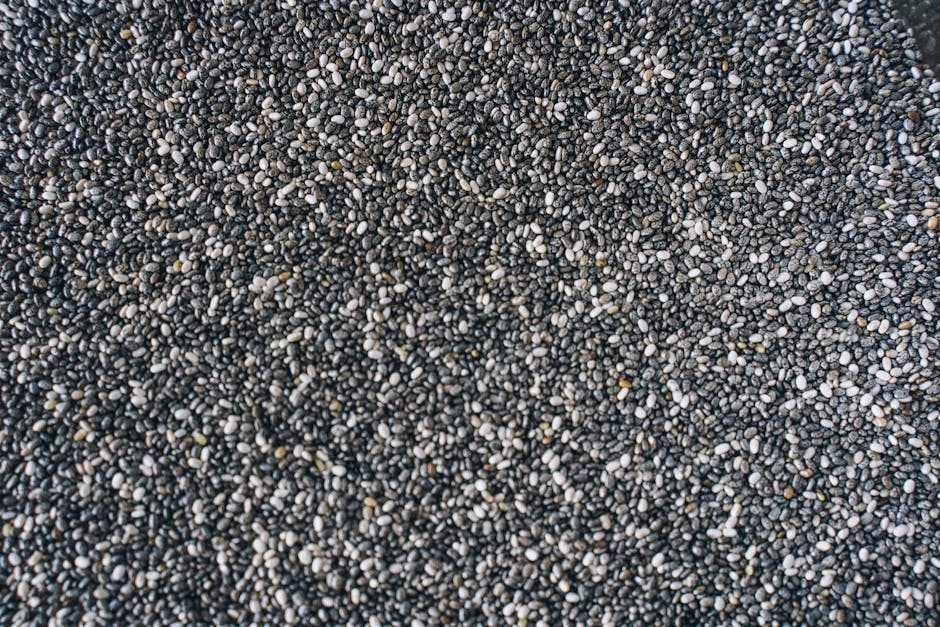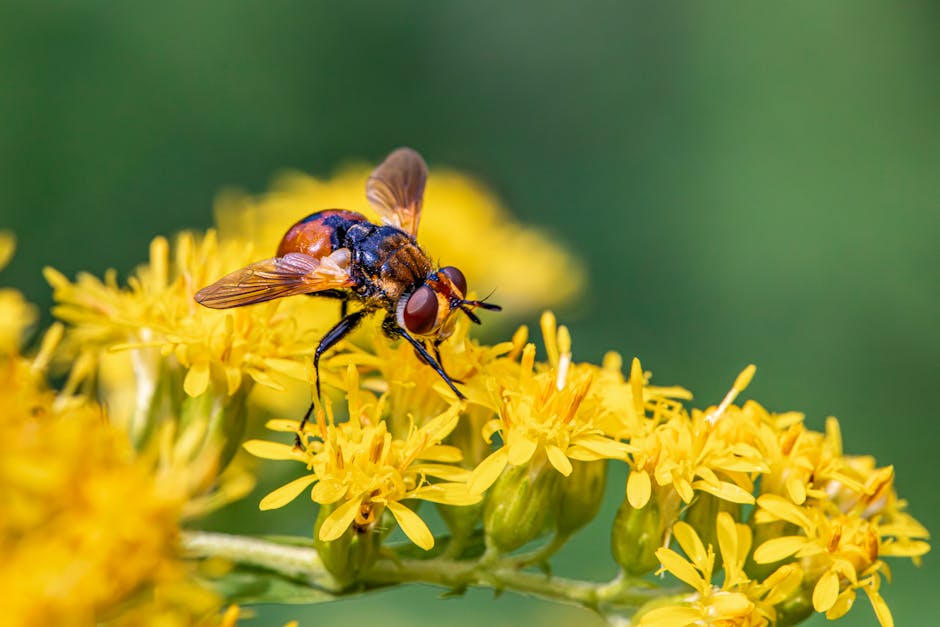The Role of Diet in Small Dog Health
Small dogs hold a special place in our hearts, often being seen as charming companions that enrich our lives with their affection and playful nature. However, just like their larger counterparts, small dogs require proper nutrition to thrive and maintain optimal health. In this comprehensive guide, we will delve into the critical role that diet plays in the well-being of small dogs, exploring key aspects, misconceptions, and best practices to ensure your furry friend leads a long and healthy life.
The Impact of Diet on Small Dog Health

When it comes to small dog health, diet is a cornerstone that significantly influences their overall well-being. A balanced and nutritious diet provides the essential nutrients small dogs need to support their metabolism, maintain a healthy weight, and prevent a myriad of health issues.
Small dog breeds have unique nutritional requirements that differ from larger breeds due to their size, metabolism, and activity levels. For instance, small dogs tend to have higher energy needs relative to their body weight, requiring a diet rich in protein and fat to sustain their energy levels.
Additionally, the quality of the diet plays a crucial role in small dog health. High-quality ingredients, free of fillers and artificial additives, are essential for supporting their digestion, immune system, and overall vitality. By choosing premium dog food specifically formulated for small breeds, you can ensure that your furry friend receives the nutrients they need to thrive.
Key Nutrients for Small Dog Health

When selecting a diet for your small dog, it’s essential to prioritize key nutrients that are vital for their health and well-being. Some of the essential nutrients that small dogs require include:
Protein
Protein is a critical component of a small dog’s diet, as it provides the building blocks for muscle development, tissue repair, and overall growth. High-quality animal-based proteins such as chicken, fish, and lamb are ideal for small dogs, as they are easily digestible and rich in essential amino acids.
Fats
Fats are a concentrated source of energy for small dogs, helping to support their metabolic functions and maintain healthy skin and coat. Omega-3 and Omega-6 fatty acids are particularly beneficial for small dogs, as they promote heart health, reduce inflammation, and support cognitive function.
Vitamins and Minerals
Vitamins and minerals play a crucial role in supporting small dog health, helping to regulate various bodily functions, strengthen the immune system, and promote overall well-being. Key vitamins for small dogs include Vitamin A, Vitamin D, Vitamin E, and Vitamin B complex, while essential minerals include calcium, phosphorus, and zinc.
Fiber
Fiber is essential for supporting small dog digestion, promoting regular bowel movements, and preventing gastrointestinal issues. Soluble fiber, found in sources like sweet potatoes, peas, and pumpkin, helps to maintain gut health and regulate blood sugar levels in small dogs.
Common Misconceptions About Small Dog Diet

Despite the importance of diet in small dog health, there are several common misconceptions that can impact the well-being of these furry companions. It’s crucial to debunk these myths to ensure that small dogs receive the proper nutrition they need to thrive.
Myth: Small Dogs Can Eat the Same Food as Large Dogs
One of the most prevalent misconceptions is that small dogs can eat the same food as larger breeds. In reality, small dogs have distinct nutritional requirements that differ from larger dogs, necessitating diets specifically tailored to their needs. Feeding a small dog the same food as a larger breed can lead to nutrient imbalances, obesity, and other health issues.
Myth: Small Dogs Should Be Free Fed
Another common misconception is that small dogs should be free fed, allowing them to graze throughout the day. While free feeding may work for some dogs, it can lead to overeating, obesity, and digestive issues in small breeds. Instead, feeding small dogs measured portions at scheduled times helps to regulate their intake and maintain a healthy weight.
Myth: Table Scraps Are Safe for Small Dogs
Many pet owners fall into the habit of feeding small dogs table scraps, thinking they are harmless treats. However, table scraps are often high in fat, salt, and sugar, which can be detrimental to small dog health. Moreover, certain human foods like chocolate, onions, and grapes are toxic to dogs and should never be fed to small breeds.
FAQs About Small Dog Diet

Q: How Often Should I Feed My Small Dog?
A: Small dogs typically require two to three small meals per day to maintain their energy levels and prevent digestive issues. It’s essential to follow a feeding schedule that aligns with your small dog’s activity level, age, and overall health.
Q: Should I Supplement My Small Dog’s Diet?
A: While a balanced diet should provide all the nutrients your small dog needs, certain supplements may be beneficial for specific health concerns. Consult with your veterinarian before introducing any supplements to ensure they are safe and appropriate for your furry friend.
Q: How Can I Tell If My Small Dog Is Overweight?
A: Monitoring your small dog’s weight and body condition is crucial for detecting signs of obesity. Feel for your dog’s ribs and spine they should be easily felt with a slight covering of fat. If you can’t feel your dog’s ribs or spine, they may be overweight and would benefit from a balanced diet and increased exercise.
Conclusion
As devoted pet parents, it’s our responsibility to prioritize the health and well-being of our small dogs by providing them with a balanced and nutritious diet. The role of diet in small dog health cannot be overstated, as it directly impacts their energy levels, digestion, immune system, and overall vitality.
By understanding the key nutrients small dogs require, debunking common misconceptions, and following best practices for feeding and supplementation, we can ensure that our furry companions lead long and healthy lives filled with joy and vitality. Remember, a well-fed small dog is a happy and healthy small dog!
Whether you have a tiny Chihuahua or a petite Pomeranian, the power of diet in small dog health is undeniable. By making informed choices and prioritizing your small dog’s nutritional needs, you can create a solid foundation for their well-being and longevity.




